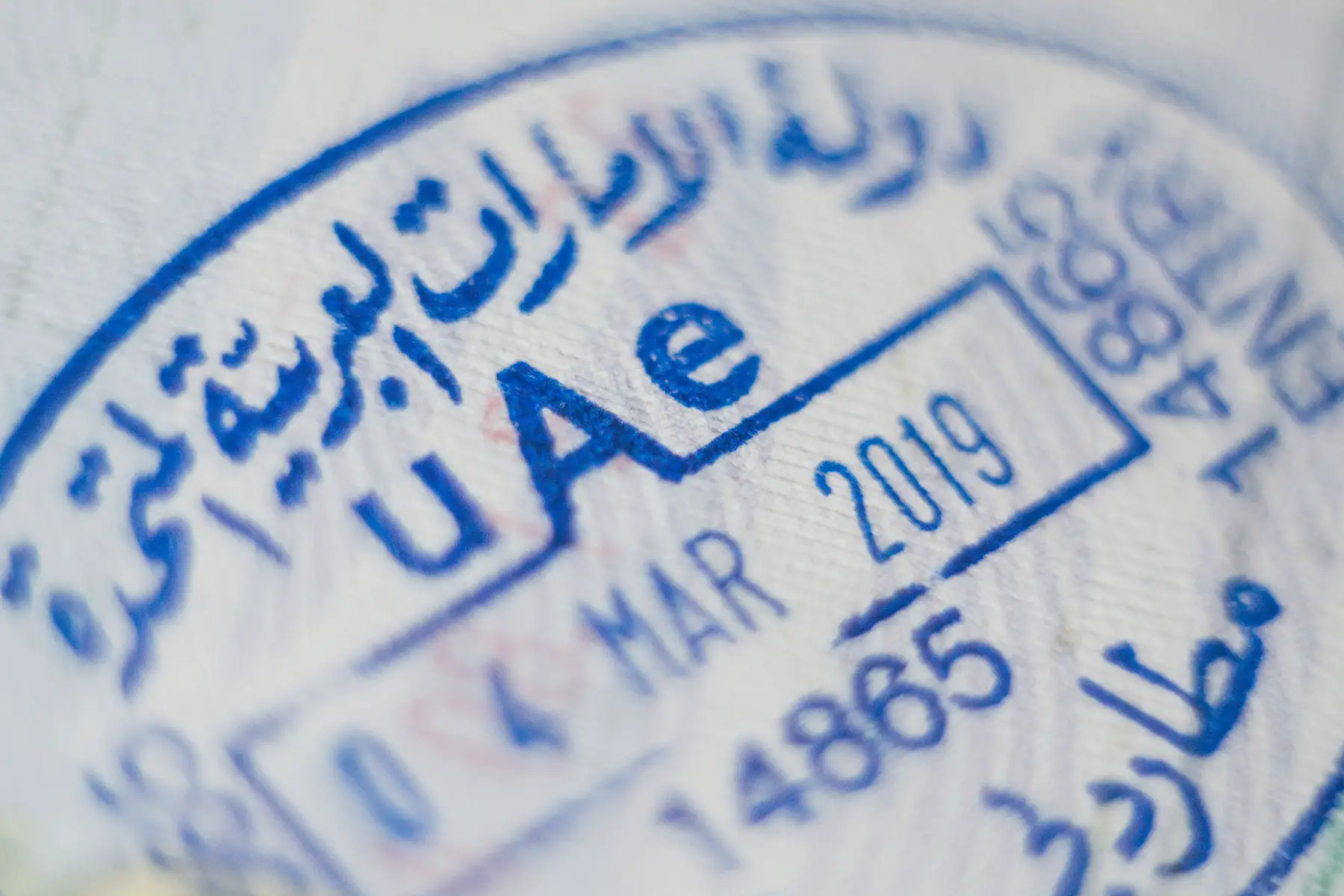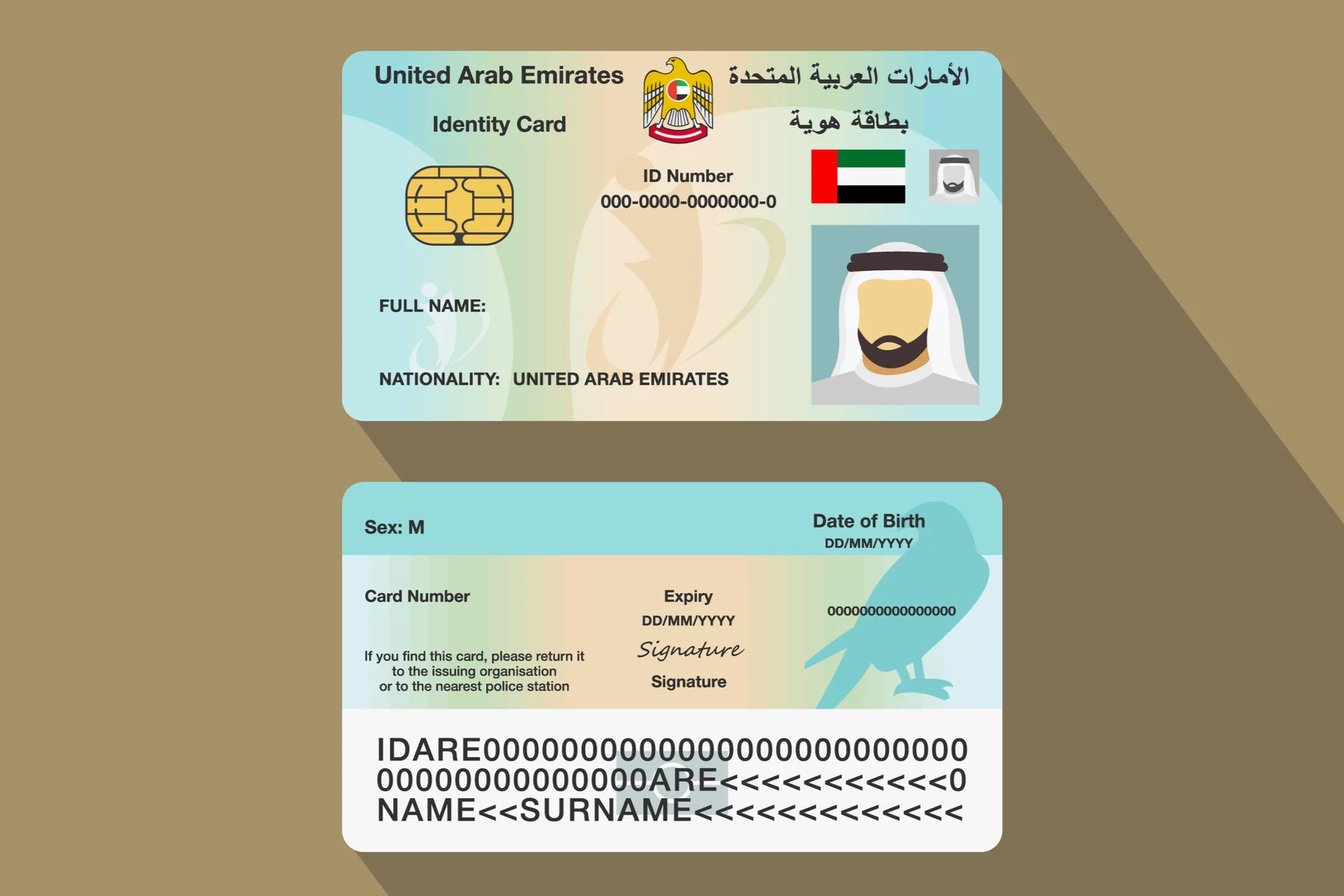With one of the world’s lowest unemployment rates, especially in Dubai, the UAE is an attractive destination for foreign workers. However, landing a job there means understanding the country’s unique business environment and culture.
Whether you’re exploring opportunities in finance, tech, tourism, or another of the country’s many thriving industries, knowing how to approach the job search will significantly improve your chances of success.
This article will help you get to know the UAE job market, list the best places to find a new role, and outline the application process in the following sections:
Coursera
Boost your career with Coursera. This online learning platform lets individuals and organizations learn new job-relevant skills. They partner with over 275 leading universities and companies to offer flexible, affordable courses. From hands-on projects to certificates and degree programs, start your learning journey today with Coursera.
The job market in the UAE
The UAE’s job market has long diversified beyond oil, now offering a range of opportunities for professionals working in sectors like fintech, renewable energy, and digital services. While this growth continues, the market has become increasingly competitive as professionals from around the world compete for top positions.

With a low overall unemployment rate of 2.7% in 2023, the market outlook is strong, but youth unemployment remains an area of concern. Furthermore, new laws in 2024 also prioritize the employment of Emirati citizens, adding another dynamic to the hiring landscape.
Like in other countries, remote and hybrid working arrangements have become more common in the UAE since the COVID-19 pandemic.
What jobs are in demand in the UAE?
Key and growing industries in the UAE include:
- banking and finance
- construction
- information and communication
- oil and gas
- real estate
- tourism and hospitality
- transport and logistics
Skills shortages have been reported in several sectors, including:
- financial services and accounting
- IT, including AI and machine learning
- cybersecurity and data privacy
The biggest companies in the UAE are:
- International Holding Company (asset holding)
- First Abu Dhabi Bank
- Emirates NBD (retail banking)
- TAQA (energy and water)
- Etisalat (telecoms)
In addition to these, multinational companies with a strong presence in the UAE include Amazon, Deloitte, HSBC, and PwC.
Job vacancies for foreigners in the UAE
The UAE is a highly attractive destination for expatriates, and the country has approximately 8.7 million foreign workers, who make up 80% of the country’s population.
To boost its appeal, the UAE has introduced special incentives for foreign workers, such as the Jobseeker visit visa, which lets you stay in the UAE for 60, 90, or 120 days without needing a host or sponsor.

Despite the government’s push towards Emiratization, demand for foreign talent remains strong, particularly for highly skilled internationals with specialist expertise in shortage occupations. Additionally, language skills in both Arabic and English can be real assets.
The UAE offers competitive salaries to highly skilled international workers, but there is a significant discrepancy between the remuneration and rights of nationals and non-nationals. Emiratis tend to earn higher wages and enjoy better employment protections. Furthermore, foreign workers are often employed under fixed-term contracts, as well as part-time, temporary, and flexible roles, which offer less stability.
There are also issues facing workers, mainly from South Asian countries, in fields such as construction, domestic work, and hospitality. There is no minimum wage, working conditions can be harsh, and the kafala system under which many of them work has been criticized for the control it exerts over workers.
Jobs in Dubai for Americans
If you’re an American looking for a job in Dubai or the UAE, start with international job boards like Bayt, GulfTalent, or LinkedIn. These focus on posting roles for English-speaking professionals from around the world.
The UAE’s thriving economy offers opportunities with multinational corporations and local companies alike who seek skilled foreign talent. Dubai-based employers actively recruit expats, particularly in fields like finance, technology, and hospitality.
While English is widely spoken and often sufficient for many jobs, knowledge of Arabic or another language can be a valuable asset, especially in customer-facing roles.
Teaching English as a second language is another popular career path for Americans, with opportunities in private schools and language institutes. See the section below for more information on teaching English in Dubai as a US citizen, or check out the ESL Base website on TEFL courses in the UAE.
How to find jobs in the United Arab Emirates
Job websites in the UAE
Just like most countries, most job hunters begin by looking online. Job boards are a great place to start. Almost all roles require a high level of fluency in English, so you’ll find a wealth of English-language jobs. Many of the usual suspects are active in the UAE, including:
Meanwhile, there are also plenty of UAE and Gulf-specific portals, including:
It’s also a good idea to keep an eye on English-language newspapers that run job adverts in their classifieds section, such as Gulf News.
Recruitment agencies
If you are an experienced professional looking to move to the UAE, it might be easier to go through one of the country’s many recruitment agencies. This is especially true if you are searching for work in the UAE from overseas. The Expatica Directory listings of job agencies are a good place to start.

The world’s biggest recruitment firms have offices in Dubai and Abu Dhabi, including Michael Page, Hays, and Robert Half, so it’s worth reaching out to them.
Teaching English in the UAE
Most English teaching positions in the UAE, especially in schools, require candidates to have a Bachelor’s degree in Education or another degree with a TEFL/TESOL certification. Experience teaching English as a second language is generally preferred.
The types of jobs available for prospective English teachers include roles in:
- International schools
- Private language institutions
- Private tutoring
- Summer language programs
Major employers include the British Council and GEMS education. Check out TEFL and ESL job sites, too, as they often list openings for English teachers.
Embassies and foreign organizations
One option for newcomers to the UAE is to work at an embassy or foreign organization. These are usually located in Abu Dhabi and Dubai – the cities host embassies, consulates, and global institutions. Roles at these organizations often require fluency in English and Arabic, though, for some embassies, you’ll also need to speak the home country’s language.
Beyond diplomatic roles, you can also come across positions in foreign policy, consular services, communications, and administrative support.
Public job sites
There are several public job portals in the UAE where you can find vacancies at various public sector entities. The main ones include:
- Abu Dhabi Job Site
- Dubai Careers
- Federal Government Job Portal
- Government of Sharjah Human Resources Department
Be aware that most public sector job listings prioritize UAE citizens – most are not even open to foreigners. Read the requirements carefully.
Make the first move: speculative applications
Although most people find jobs through channels such as job portals and websites, it is possible to make a speculative application in the UAE. It’s not the most common way to find a job, so to give yourself the best chance at success, you should invest time in networking and researching the company.
When it comes to speculative applications, you’re most likely to score an interview if you target companies where you have existing connections or that operate in an industry with a labor shortage.
Can I be self-employed in the UAE?
Like in many other countries, many people freelance or set up their own company in the UAE. Indeed, it provides a supportive ecosystem for entrepreneurs, including investment initiatives, startup hubs, and special economic zones (Free Zones). These areas allow 100% foreign ownership and tax exemptions.
However, some industries have restrictions on foreign ownership. You can check whether your business activity is eligible with the Department of Economic Development for your Emirate, for example:
First, decide whether to base your business on the UAE mainland or within a Free Zone.
Next, you should apply for a freelance work permit from the Ministry of Human Resources and Emiratization (MOHRE). You must also prove that you have a bachelor’s degree or equivalent and at least AED 360,000 income from self-employment in the past two years. Alternatively, you should prove that you can support yourself while freelancing.
Once you have this evidence, you can apply for a Green Visa, which lasts for five years.
Read our guide to starting a business in the UAE for more details.
Traineeships, internships, and volunteering in the UAE
Internship and traineeship opportunities are common in the UAE, and many big-name companies offer some type of training program. These are usually listed on their websites. Read the job description carefully – some internships are only open to UAE citizens, and others require you to have the right to live in the country.
If you are eyeing the hospitality, tourism, or retail industries, however, you can usually find short-term traineeships and internships quite easily. Try AIESEC or IAESTE to find something that is right for you.
With so much emphasis on work, volunteering takes a back seat in the UAE – but that doesn’t mean you can’t do it. Plenty of organizations rely on volunteers to function, including the Emirates Red Crescent, Operation Smile UAE, and the Dubai Volunteer Center. You can also search for opportunities at volunteers.ae.
How to apply for a job in the UAE
Found your dream job in the UAE? Now it’s time to land it. The hiring process is similar to other countries and usually consists of the following:
- Submitting a CV and cover letter
- Completing initial screenings with HR and interviews
- Receiving the decision and potential job offer
- Negotiating the contract
On average, it takes about five weeks from beginning to end.

Need tips on your resume? Check out our guide to CVs and job interview tips in the UAE. For help putting your CV and motivation letter together, Resume.io offers a wealth of templates and a resume-building service.
When interviewing in the UAE, it’s completely acceptable to be open and proud of your achievements, but, like anywhere else, stick to the truth. It’s safest to dress conservatively but research the company to find out about the working environment.
Interviewers may ask you why you want to be in the country, so make sure you have a good answer prepared. Additionally, the UAE has limited anti-discrimination laws, so be prepared to answer questions that go beyond typical professional topics.
What are the requirements for working in the UAE?
1. Do you need a work visa?
If you’re moving to the UAE to work, you’ll need a residency visa. The following documents are the most relevant types of visa for workers moving to the UAE:
- Jobseeker visit visa: If you do not yet have a job, you can apply for the Jobseeker visit visa. You do not require a host or sponsor, but you must have a university degree, be classed as a ‘skilled worker,’ and have the means to finance yourself.
- Standard work visa: This visa usually lasts for two years. It’s available for employees in the public or private sector. You’ll need a work permit, which your employer applies for and sponsors.
- Green visa for work: The Green visa is for freelancers, self-employed people, and skilled employees. It lasts for five years.
- Golden visa: The UAE’s Golden visa is available for investors, entrepreneurs, and individuals with outstanding achievements. It provides for longer-term residency – from five to ten years.
Requirements can vary in different emirates, so check with the one you’re moving to to find out how to qualify. You can also read more about work visas in our in-depth guide.
2. What are the language requirements to work in the UAE?
English is widely used in the UAE, and there are plenty of work prospects for English speakers.
A high level of fluency in English is required for any job. Many employers will also prioritize candidates who speak Arabic, so even basic knowledge of the language will give you an edge in your job search.
To get started, check out our guide to learning Arabic in the UAE.
3. Can you transfer your qualifications to work in the UAE?
The UAE has nine ‘levels’ of jobs, ranging from Level 1 – Legislators, Managers, and Business executives to Level 9 – ‘Simple professions.’ For the jobs in the higher tiers, you may need to prove your educational qualifications.
International qualifications are generally very well received and understood in the Emirates. However, you usually require an equivalency evaluation from the Ministry of Education (MOE) to ensure your qualifications are valid. Afterward, they will provide a Certificate of Recognition.

The MOE provides tools for the recognition process for foreign university qualifications and high school certificates. If you’re looking for ways to learn new skills, check out online learning platforms such as Coursera.
4. Get a National ID (Emirates ID)
In the UAE, all residents, including foreign workers, need an Emirates ID to live and work in the country. It’s used for several purposes, including:
- Identification
- At immigration when returning to the UAE
- Opening a bank account
Therefore, it’s absolutely essential to organize your ID as soon as you arrive in the country. Most employers will handle the process for you, but otherwise, you’ll need to apply for your own.
You can find out how to apply for an Emirates ID in our dedicated article.
Financial support when looking for employment in the United Arab Emirates
No social welfare is available to expatriates who arrive in the UAE without a job. However, you may have options if you were working in the UAE and have been laid off. The country introduced the Involuntary Loss of Employment Scheme (ILOE) in 2023, which provides 60% of salary for three months to employees who lose their jobs.
To be eligible, you must have already paid into the scheme for at least 12 consecutive months and you must have lost your job through a reason other than disciplinary action or resignation. There are some categories of employees who do not qualify, including:
- Investors
- Domestic helpers
- Temporary workers
- Under-18s
- Retirees
Starting your job in the UAE: important questions
When you accept a job offer, you’ll either sign a limited or unlimited contract. A limited contract is for a fixed time and can be renewed, while an unlimited contract has no definite end date.
Most contracts also have a probation period of up to six months. During probation, employers and employees must provide 14 days’ notice before terminating the contract or resigning. However, if the employee wishes to remain in the UAE and work at another company, they must give a month’s notice.
Remember – the UAE does not provide social security or pensions to international employees. Therefore, make sure you have funds available for retirement or in an emergency.
In the UAE, it is mandatory to have health insurance – in some emirates, your employer registers you and covers the cost. Freelancers, entrepreneurs, and those in emirates where your employer does not sponsor health insurance should organize their coverage independently. Check with your employer if you want to opt out of their plan – bear in mind that you will still need coverage.
Useful resources
- Establish Companies in the UAE – outline of the process for setting up a business
- Free Zones – details on Free Zones in the UAE from the Ministry of Economy
- Ministry of Human Resources and Emiratisation (MOHRE) – information on labor laws and access to employment-related services










